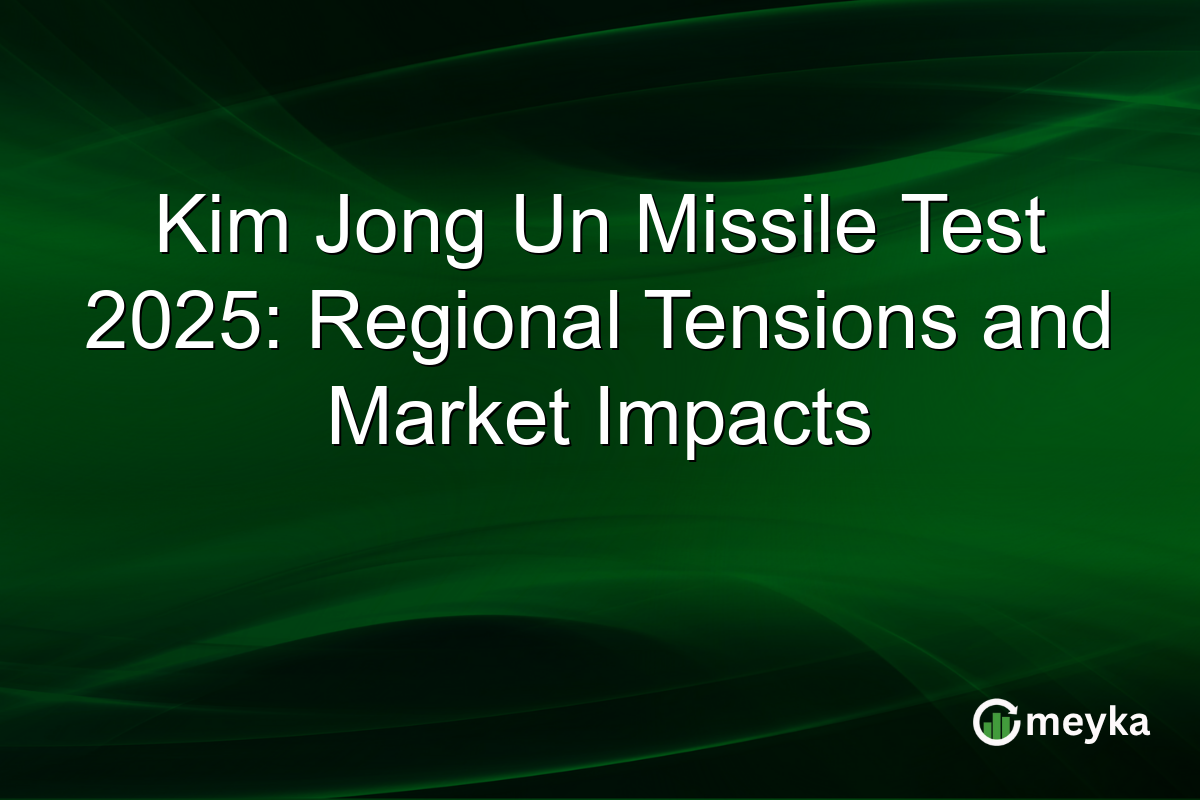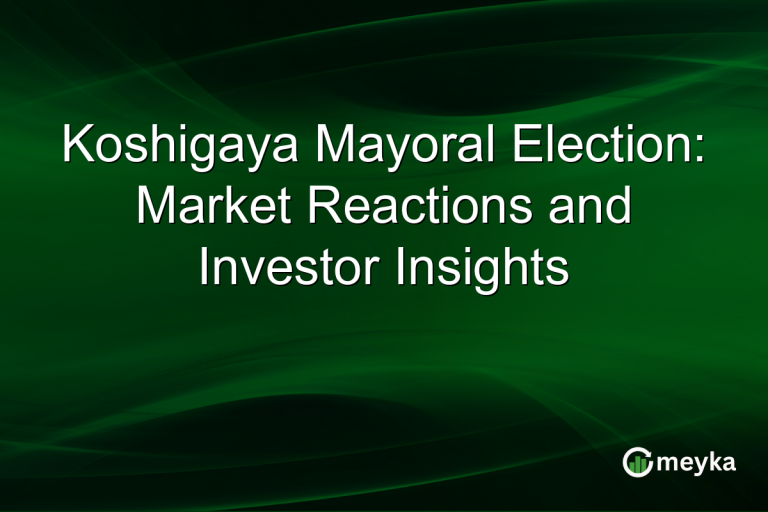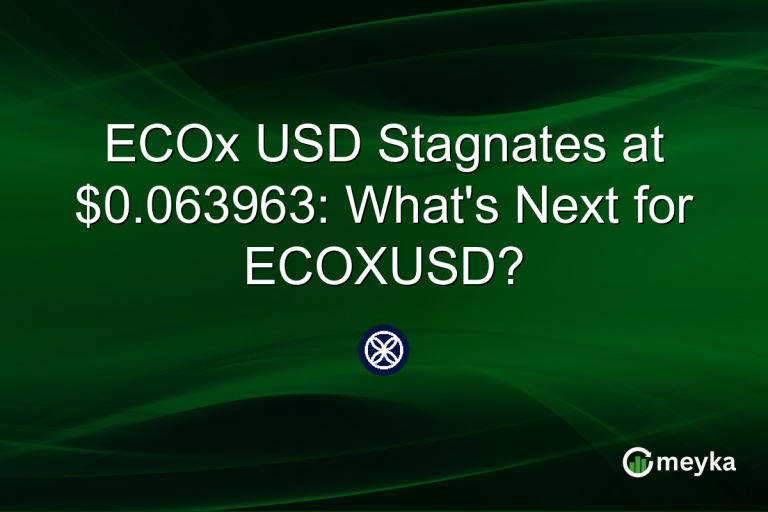Kim Jong Un Missile Test 2025: Regional Tensions and Market Impacts
Today, North Korea conducted a new missile test led by Kim Jong Un, creating ripples of concern across East Asia. This development has heightened geopolitical tensions, making investors pay closer attention to the Asian markets. With increased market volatility expected, the focus shifts to the region’s defense sector and potential supply chain issues.
Overview of the Missile Test
On October 10, 2025, North Korea launched a missile test as confirmed by several news reports. This action demonstrates North Korea’s continued focus on expanding its military capabilities under Kim Jong Un. The missile traveled over Japan, raising immediate security alarms and leading to a swift response from neighboring countries. These tests often serve as a show of strength and a reminder of North Korea’s growing arsenal. See the full report. The strategic timing of this test might relate to ongoing discussions about sanctions and diplomatic efforts aimed at denuclearization. These moves are causing countries around the globe to rethink their strategies towards North Korea.
Impact on Asian Markets
The missile test has increased concerns in the financial markets, particularly in Asia. Following the test, stock markets experienced significant turbulence, reflecting the heightened risks associated with geopolitical tensions. This volatility has spread fear among investors, affecting market sentiment. The Nikkei dropped by 2% while the Korean KOSPI slid by 1.5% as traders reacted swiftly to the news. Read more about the market impact. Investors are keeping a close eye on potential impacts on the supply chains and defense sectors within the region as these areas could see immediate effects from increased security measures.
Geopolitical Tensions and Future Outlook
The missile test adds a layer of complexity to the already tense geopolitical environment. Countries like Japan, South Korea, and the United States will likely enhance their defensive strategies, possibly leading to increased defense spending. This could both help and hinder market stability in the short term. With enhanced military focus, there are concerns that diplomatic solutions might take a backseat. This would impact long-term regional dynamics and further strain relationships. The global community is advocating for restraint and dialogue, hoping to calm tensions and prevent any escalation. Explore the geopolitical implications.
Final Thoughts
The recent missile test by North Korea under Kim Jong Un’s directive has sent waves of uncertainty across East Asia. This geopolitical tension could continue influencing market volatility and investor sentiment in the days ahead. As the global community calls for diplomatic discussions, focusing on de-escalation will be crucial. Investors are advised to monitor these developments closely, especially those involved in the defense and supply chain sectors. The unfolding situation presents both risks and opportunities, demanding careful navigation by stakeholders.
FAQs
The missile test has increased market volatility in Asia. Investors saw immediate drops in indices like the Nikkei and KOSPI. Concerns over supply chain disruptions and heightened defense needs are driving this volatility.
The global community is pushing for diplomatic engagement to reduce tensions. Countries affected directly, like Japan and South Korea, are likely to enhance their defense policies. Efforts to manage sanctions and diplomatic talks are expected to intensify.
Yes, military actions like this often impact international policy discussions. Nations may reconsider their approach to sanctions and negotiations, impacting future diplomatic engagements with North Korea.
Disclaimer:
This is for information only, not financial advice. Always do your research.






